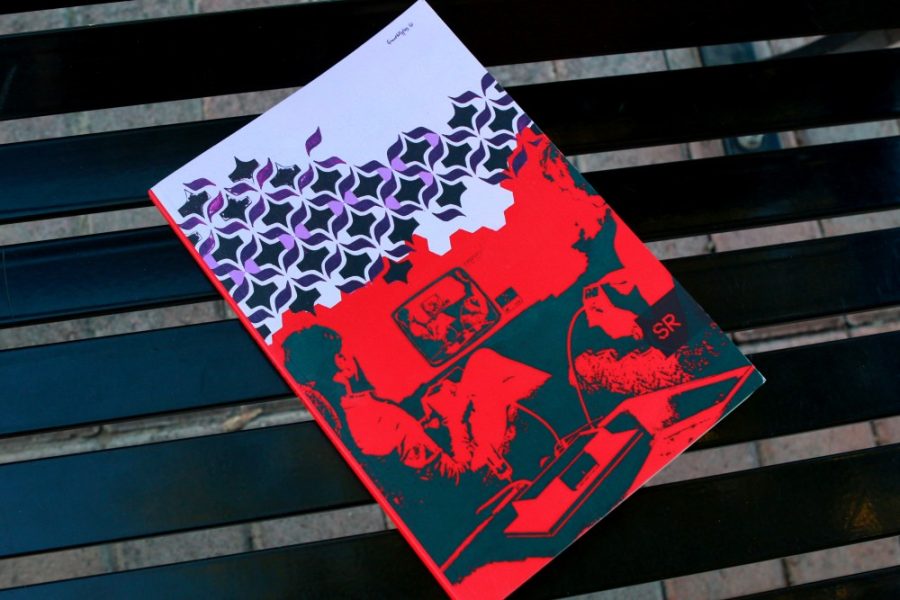It’s hard to argue that UA doesn’t have a thriving creative writing scene. The Sonora Review serves as a testament to that.
Started in 1980, the publication serves the UA community as a prominent journal for students. The Sonora Review publishes creative writing pieces and exists as one of the oldest student-run literary journals in the country.
“My favorite aspect of the literary journal is getting to read the work of new writers. It’s really cool to discover new writers and love and appreciate their work,” said Danielle Geller, editor-in-chief of the Sonora Review.
Geller is a creative writing graduate student with an emphasis in nonfiction, and is this year’s recipient of the Rona Jaffe Foundation Writers’ Award. The award recognizes the special contributions women writers make to culture and society, according to its website.
Each issue of the Sonora Review is assembled completely by graduate students within the UA creative writing department, all of which are volunteers.
“Sonora Review is essential because it is a place where UA can support the creative writing community across the country,” said Peyton Prater, Sonora Review staff member and a creative writing graduate student with an emphasis in poetry. “By reading and publishing other people’s work, we engage in a writing community that extends well beyond our own university.”
RELATED: UA Poetry Center series discusses climate change, one poem at a time
Prater said that the publication is well-regarded outside of the UA and even though it’s volunteer work, he finds immense pride in compiling the work of both new and established writers.
The Sonora Review accepts submissions from all over the world and produces two literary journals a year. The most recent edition, Issue 70, was published this fall and the staff of the Sonora Review is now busy working on its spring issue.
“Right now we are reading submissions for the spring issue,” Geller said. “We will have a table at the book fair at AWP in Washington following a release party in the spring. Mostly, we are really trying to increase our online presence to gain more readership.”
Upon accepting submissions to be published, Sonora Review gives out cash prizes that range up to $1,000 for each category within the literary journal. The staff members don’t choose lightly though. There is a lot of deliberation that that goes into deciding what does and does not get published.
“I love coming across a great poem and being able to tell the poet that we are going to publish their work,” Prater said. “This is the greatest thing for me: to be able to celebrate the work that other writers are creating by printing their work in the always-beautiful Sonora Review.”
With a staff of 15 people, the Sonora Review has its hands full of countless submissions. A lot of collaboration goes into making and publishing this literary journal which is what helps to maintain its esteemed reputation.
Geller said that the staff members read each others work as well. Even though they all work to publish outside writers’ work, the volunteers remain a strong community of artists themselves.
The Sonora Review aims to publish highly creative works, but also fosters creative ambitions for new writers which is why student-run publications can play an important role in a university atmosphere.
“Many aspects of the writing world may seem closed off to younger writers.” said Gabriel Oladipo, a sophomore studying English. “That’s why student publications are so great. They introduce students to the wider world of contemporary literature.”
RELATED: An evening with Claudia Rankine; acclaimed poet comes to UA
In addition to cultivating creative talents, Oladipo said the Sonora Review serves as a way for young writers to connect with each other and find a community of support.
Sharing fresh and undiscovered art with the public is the overarching goal of the publication.
“You only hope that when the literary journal falls into someone’s hands, you want to bridge the connection between people through our published stories,” Geller said.
The Sonora Review accepts submissions in the categories of fiction, nonfiction and poetry, from September 1 until April 1, 2017.
Follow Sarah Briggs on Twitter









